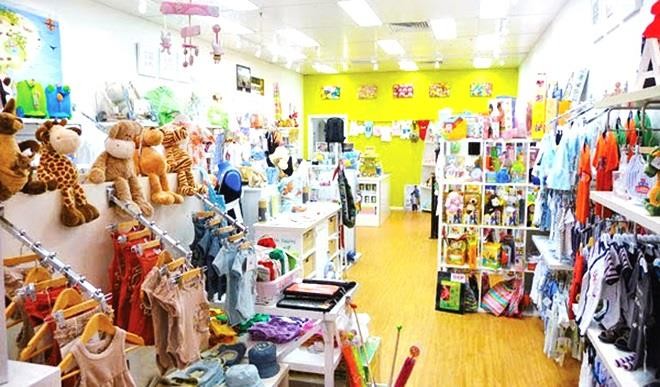
Owners of boutiques and children wares who mainly sell imported items lament difficulty they face in obtaining international currencies to transact their business.
Some of the shops owners visited in Abuja decry the significant drop in their sales as well.
Mrs Odunlami Oludaya, the owner of Style Kids and Mums (SKM), says patronage has been low as people prefer to spend money on food than clothes.
“If you buy an item today, the next time you want to re-stock, the price would have gone up because of the foreign exchange rate,” she said. “The worst part is when you tell customers the new price they will tell you to sell at the old price which is not feasible because we will be trading at a loss. The way we are going, profitability is no longer important, we just want to balance our accounts and stay in business.”
However, Oludayo says there is patronage for baby items because people are still giving birth “But for feminine clothes and handbags, their sales’ rate have dropped tremendously.”
Mrs Eunice Gaku, who owns a clothing and toy store, expresses her utter displeasure with the country’s economic downturn. Gaku, who usually travels within and out of the country to buy goods says since October, last year, business has been unfavourable.
“The scarcity of dollar is a major challenge, she points out. Low patronage is another challenge. Even when they buy, very few people have money or are willing to pay on the spot. Others buy on credit and this affects the business.
“The recession is greatly affecting business because people are not buying. Sales of clothing have dropped because some of my customers have openly said it’s better to buy second hand clothes than to buy brand new clothes.”
However, Gaku says sale of baby toys and items is fair because parents still buy toys and gift for their kids.
Sometimes I sell toy or cloth without making profit, Gaku says, adding: “Our interest is to sell, at least, for that day or even that week. So, most times I sell at the price I bought the items.”
On the way forward, Gaku says the government should stabilise the naira exchange rate to enable businesses thrive and survive. “A lot of us that travel to purchase goods haven’t travelled in a while because forex isn’t easy to come by. By the time you change naira to dollar, the money depreciates.”
On the other hand, Oludayo says: “We cannot keep exchanging a dollar for N400. For over a year now, it has not been stable and it has greatly affected businesses.”
While announcing the flexible exchange rate regime on June 15, 2016, the Governor of the Central Bank of Nigeria (CBN), Mr Godwin Emefiele, said that the naira value will be determined largely by the forces of demand and supply but that the CBN would, occasionally, intervene to keep the naira within a safe band.
He also said that with the recent measures the CBN took like depriving forex to the 41 items that Nigeria can produce locally, will lead to local capacity in a lot of areas and the huge pressure on forex would drop.
When that occurred, he said, the naira value would be stronger, Nigeria would have a better secured external reserve and economic activities will improve.

 Join Daily Trust WhatsApp Community For Quick Access To News and Happenings Around You.
Join Daily Trust WhatsApp Community For Quick Access To News and Happenings Around You.


